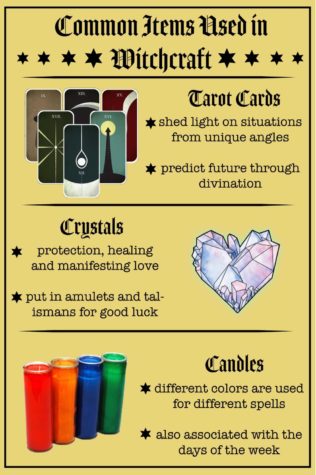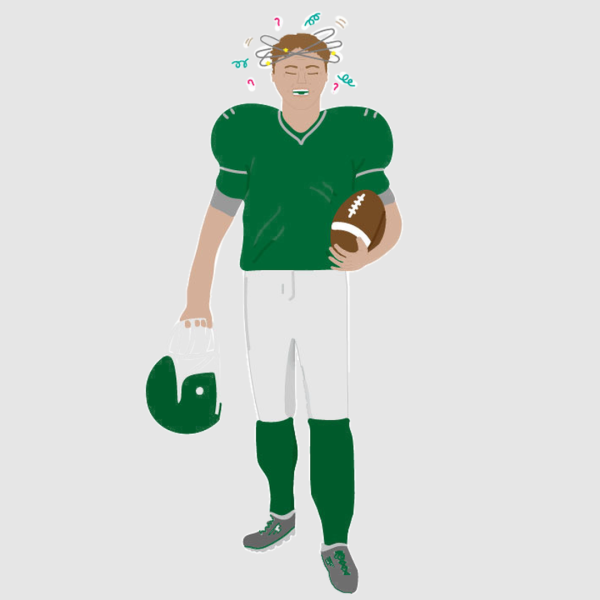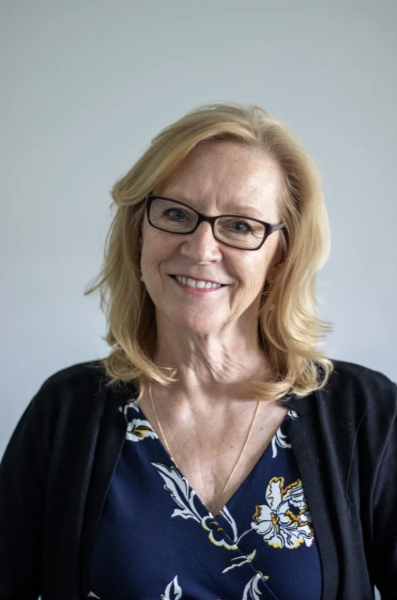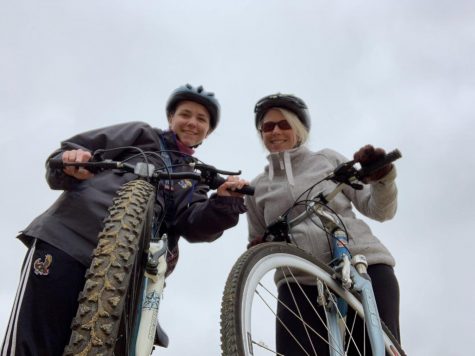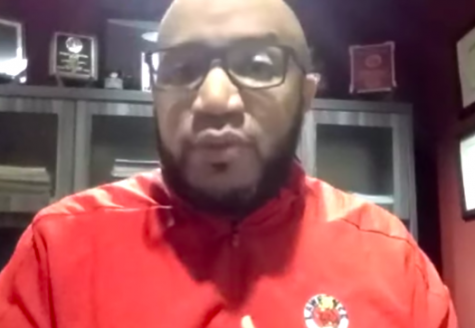Dispelling Myths About Witchcraft
Modern day witches honor age-old Wiccan traditions
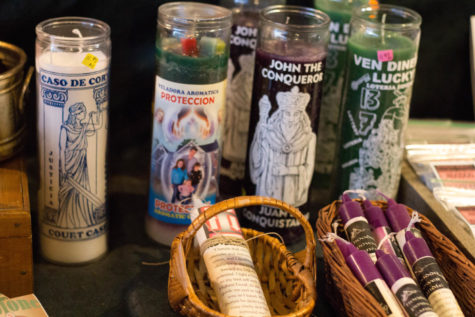
The Caso de Court candle is for those suffering through the judicial system that may need help. The Proteccion candle provides protection against ailments, and the John the Conqueror candle can be used to “burn away” curses and gain a refreshed, confident spirit. The Ven Dinen lucky candle brings wealth and good fortune.
In past decades, a common theme in pop culture has been stories depicting witchcraft. Years of movies, television shows, music and fashion surrounding Wiccan culture have led to a multitude of stigmas. From the Salem Witch Trials to the Wicked Witch of the West, society’s perception of magic has not always been held in the best light.
Today, there are many different methods of what people consider witchcraft. Many practice through a religious perspective, while others prefer spell casting, divination, herbalism or rituals.
The Village Witch employee Casey Carlson feels witchcraft is a very generalized term and considers herself a practitioner of The Craft.
“There is a religion called The Craft, or the old religion that comes out of Northern Europe,” Carlson said. “It is agricultural and has eight holidays based on the solar cycles. And that is something that I have studied and practiced for over 30 years.”
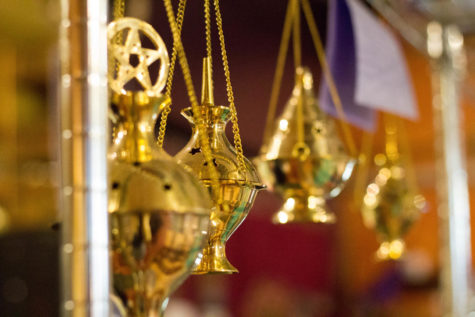
Golden lanterns can be incorporated into witchcraft practices and bought at Third Eye-Sadie’s store in Lawrence.
A characteristic of many different branches of witchcraft is the impact of a person’s words. In various practices, negative words are thought to bring illness, death and general bad omens upon the speaker.
“I never say ‘I’m broke’, or ‘I don’t have any money’,” Carlson said. “Most people who practice any sort of witchcraft or magic will acknowledge that words have an immense power and an effect on objective reality.
Senior Sage Pratt is among the growing number of young people practicing witchcraft. Pratt has felt an attachment to witchcraft from a young age, and tries to incorporate it into their day to day life, with simple acts such as wishing on eyelashes. Like Carlson, Pratt believes in the power of positive words to bring good omens into their life.
“I consider myself eclectic,” Pratt said. “If you put good into the world, it’ll come back to you.”
Instead of performing large rituals, Pratt focuses more on small actions that help them with minor tasks—like putting “academic oil” on their forehead to help with focus.
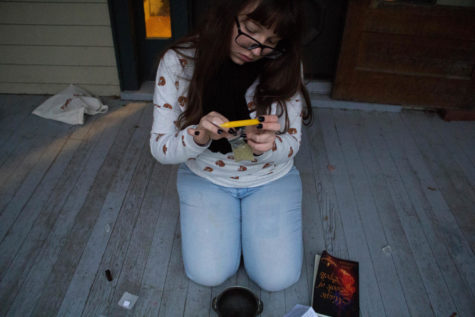
Sage Pratt dresses a candle in a mixture of blessed oils and herbs. The mixture includes sage and essential oils. Sage is used to welcome positive spirits and clear the mind.
“If I have a bunch of tests coming up, I’ll try to center myself,” Pratt said. “I just try to use herbs that I find around and the books that I have in my little library.”
On the other end of the spectrum is junior Wilder Myslivy. Instead of specifically following Wiccan traditions, Myslivy uses aspects of a Polish religion to feel more connected to his ancestors.
“Most of my witchy things that I do are just drawing inspiration from where my people come from, and trying to celebrate those traditions,” Myslivy said. “I try to stay on track of traditional holidays or things like that so I celebrate the solstices and the equinoxes.”
Although Polish tradition has always been a part of his life, Myslivy has only specifically used Polish rituals for about a year, such as carrying a handcrafted leather bag containing stones or celebrating Polish pagan deities.
“I read through resources on Polish paganism and a lot of the things were things that I was doing just kind of subconsciously,” Myslivy said. “But after I did my research I found a few new things.”
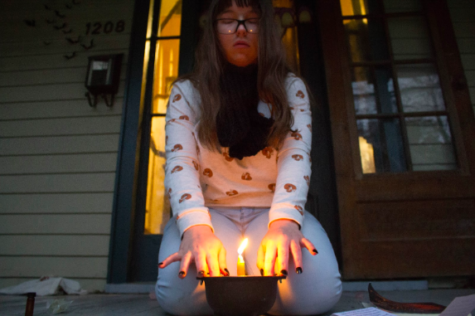
After dressing and lighting the candle, Pratt places their hands on the cauldron and concentrates on their intent to be happy.
Though modern witches are no longer burned at the stake, fears of old stigmas are still deeply rooted in many of their minds.
“I still feel scared talking about it,” Pratt said. “Just because it’s so ingrained in me that it’s bad, it’s evil and I need to keep it a secret.”
Despite the prejudice many experience while practicing their preferred branch of witchcraft, followers of Wiccan culture feel the peace of mind their traditions bring them outweighs any preconceptions people may judge them by.
“I suppose I practice because it feels right to me,” Pratt said. “It makes me happy.”
